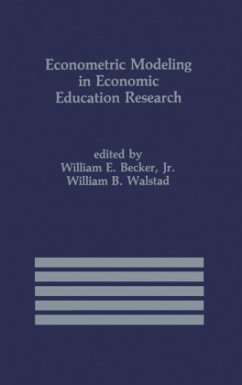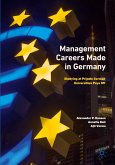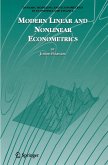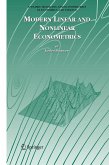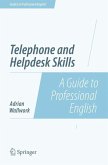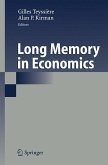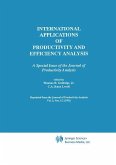Since its establishment in the 1950s the American Economic Association's Committee on Economic Education has sought to promote improved instruction in economics and to facilitate this objective by stimulating research on the teaching of economics. These efforts are most apparent in the sessions on economic education that the Committee organizes at the Association's annual meetings. At these sessions economists interested in economic education have opportunities to present new ideas on teaching and research and also to report the findings of their research. The record of this activity can be found in the Proceedings of the American Eco nomic Review. The Committee on Economic Education and its members have been actively involved in a variety of other projects. In the early 1960s it organized the National Task Force on Economic Education that spurred the development of economics teaching at the precollege level. This in turn led to the development of a standardized research instrument, a high school test of economic understanding. This was followed later in the 1960s by the preparation of a similar test of understanding college economics. The development of these two instruments greatly facilitated research on the impact of economics instruction, opened the way for application of increasingly sophisticated statistical methods in measuring the impact of economic education, and initiated a steady stream of research papers on a subject that previously had not been explored.

